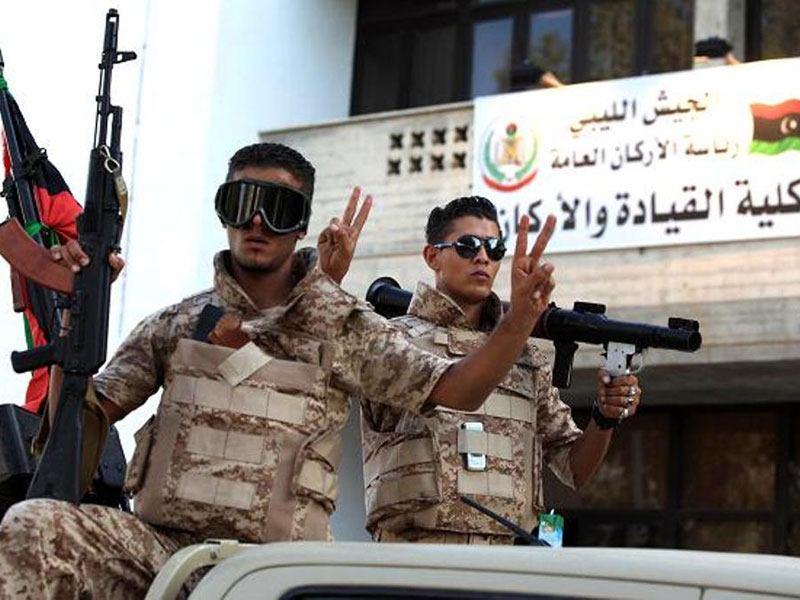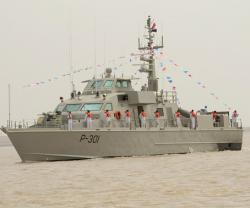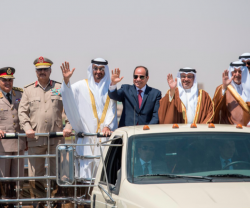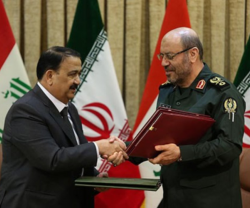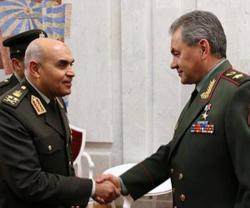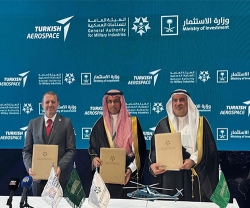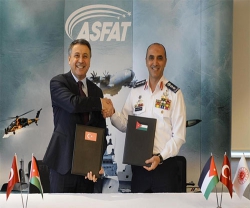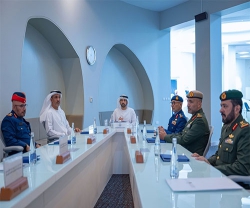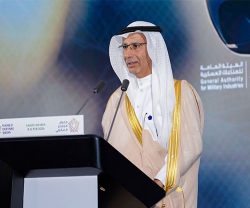“We need to urgently support all the needs of our Libyan brothers to coordinate at the highest level in all areas in the fields of security and we emphasize the exchange of information to combat terrorism. We also emphasize border security and control,” Egyptian Prime Minister Ibrahim Mahlab told a news conference, Al Tahrir News Network (TNN) reported.
Both Mahlab and Libyan Prime Minister Abdullah Al-Thani stressed that extensive cooperation was needed to stem the tide of Islamist militants in Libya.
Al-Thani added his visit was intended to coordinate the beginning of “operational plans” to secure the border through bilateral military cooperation and “boosting the efficiency of army units and training the police.”
Egypt and Libya are currently facing an enormous threat from militants aligned with the extremist organization calling itself the Islamic State. Egypt fears chaos in Libya may encourage domestic terrorist groups.
Egyptian military officials and representatives of pro-government Libyan Forces have met several times over the past two months in Cairo and the Mediterranean city of Marsa-Matrouh, Egyptian security officials said.
President Abdel-Fattah Al-Sisi has called for decisive action against militants based in Libya, who Egypt says sneak across the border to help Ansar Beit Al-Maqdis and other terrorist groups against Egyptian security forces in Sinai.
Egyptian Authorities believe Ansar Beit Al-Maqdis, the country’s most active terrorist group, has contacts with Al-Qaeda offshoots in Libya as well as the Islamic State, formerly (ISIL), now targeted by US-led air strikes in Iraq and Syria.
Speaking before the United Nations General Assembly last week, Al-Sisi called on the international community to support the elected Libyan authorities, stating that Egypt has already presented an initiative to a comprehensive political solution that preserves the territorial unity of Libya.
Libya is witnessing the worst violence accompanied with the rise of Islamist extremist militias since the ouster of Muammar Gaddafi’s regime in 2011.
Source: TNN; Reuters

